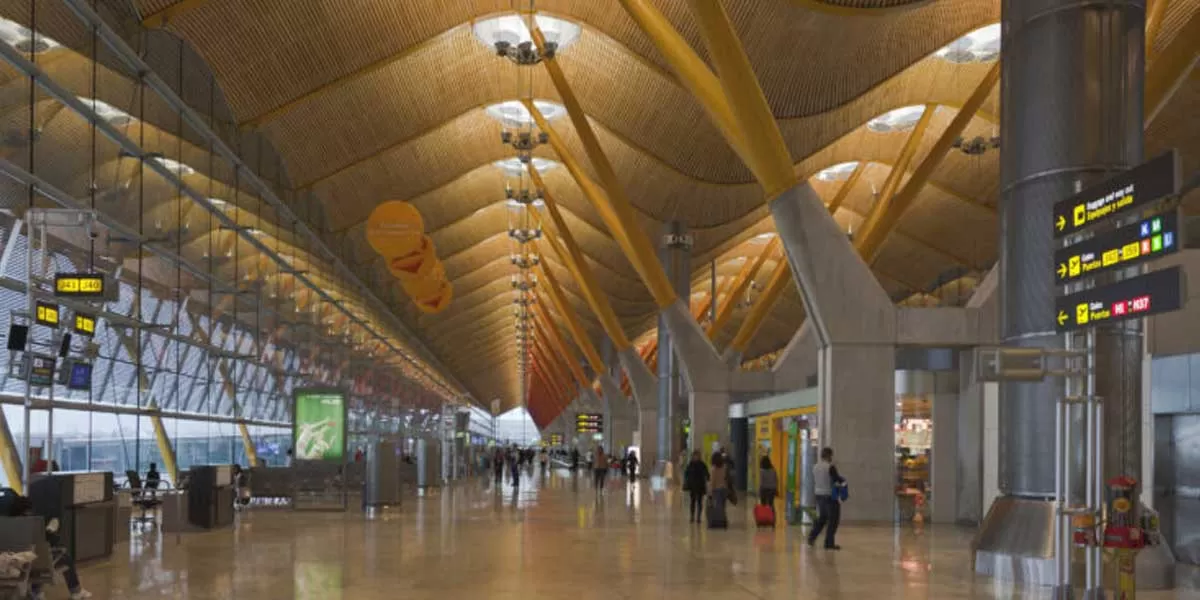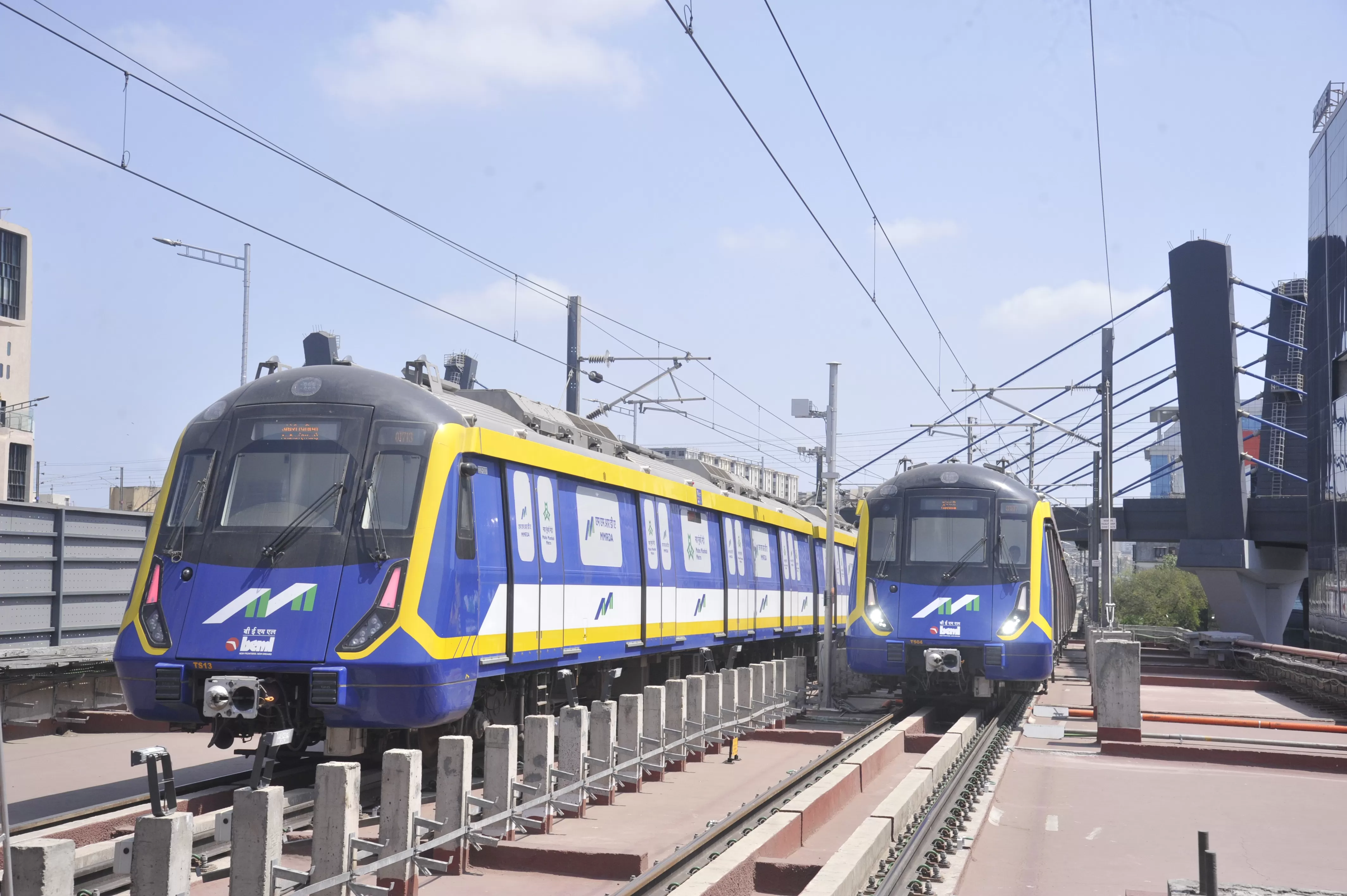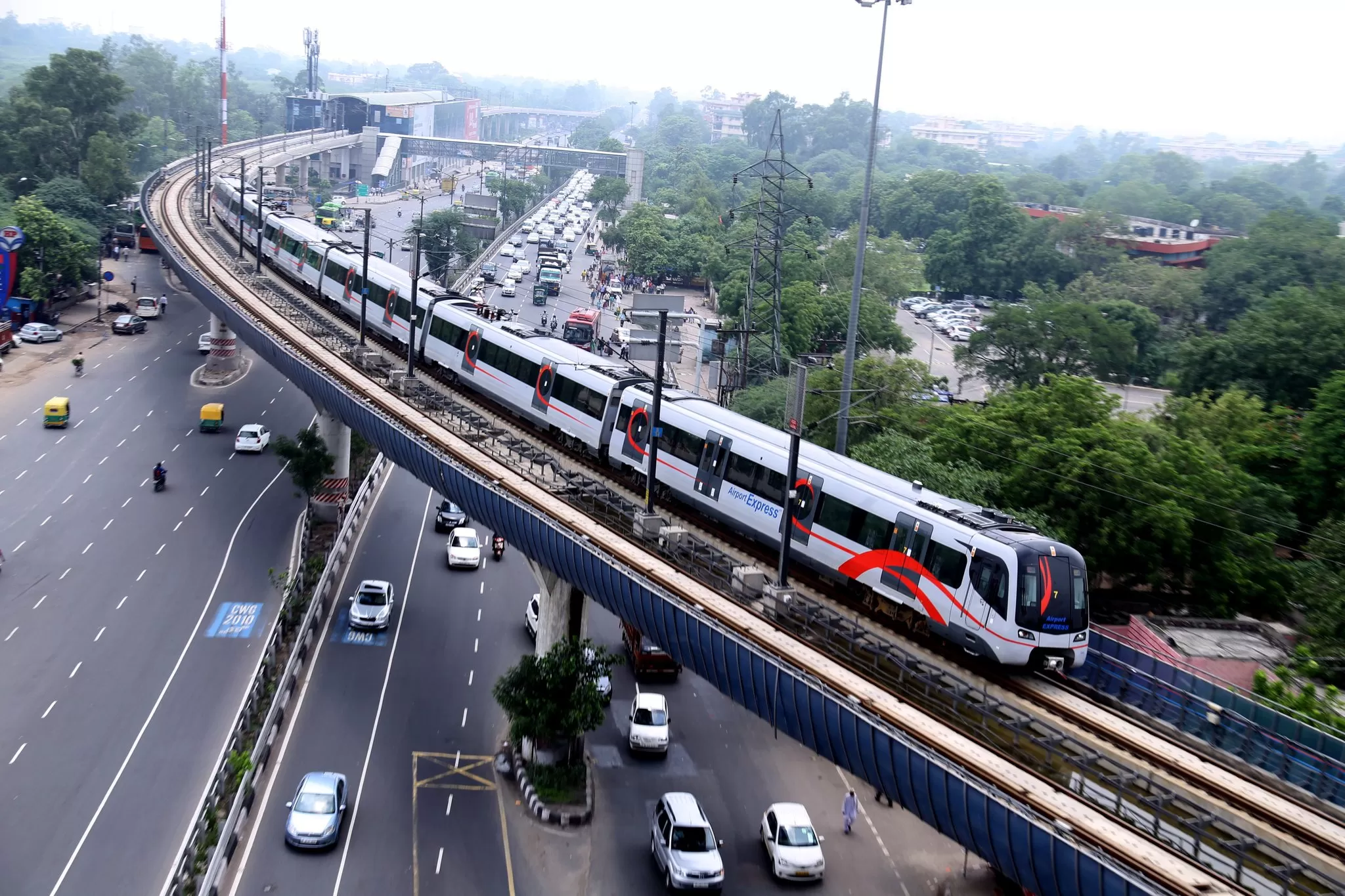
Bombay HC Quashes Navi Mumbai Airport Land Acquisition as Illegal

Lodha Brothers Settle Disputes Amicably
The Lodha brothers, Abhishek and Abhinandan, have amicably resolved all outstanding disputes under the guidance of their parents. As per the agreed terms:• Macrotech Developers Ltd. (“MDL”), is the owner of, and has the exclusive right to use, the brand names ‘Lodha’ and ‘Lodha Group’.• Mr. Abhinandan Lodha, is the owner of, and has the exclusive right to use the brand name ‘House of Abhinandan Lodha’ (“HoABL”).• ‘Lodha Group’ and ‘House of Abhinandan Lodha’ have no connection with each other. Both entities will communicate this widely.• Abhinandan has no ri..

MMRDA Enhances Metro Access with Four Railway-Linked Foot Overbridges
To enhance last-mile connectivity to the Mumbai Metro Green Line-4 and 4A (Wadala–Thane), the Mumbai Metropolitan Region Development Authority (MMRDA) has initiated the development of four new foot overbridges (FOBs) connecting key suburban railway stations to the metro network. According to a report by Mid-Day, tenders have been floated for constructing FOBs at Pant Nagar, Vikhroli, Bhandup, and Vijay Garden (Thane), with an estimated budget of Rs 1.29 billion allocated for the project. An additional Rs 80 million is earmarked for utility relocation works. The newly planned bridges will li..

DMRC Invites Tenders for Inderlok–Indraprastha Corridor Civil Works
The Delhi Metro Rail Corporation (DMRC) has issued a tender for the civil works package D2C-01 as part of its ongoing Phase IV expansion, specifically targeting the Inderlok to Indraprastha corridor. Tender Details: Opening Date: 7 April 2025 Closing Date: 19 May 2025 Tender ID: 2025_DMRC_855903_1 Estimated Project Cost: Rs 1.17 billion Contract Duration: 32 months Earnest Money Deposit (EMD): ?58.58 lakh Pre-bid Meeting: Scheduled for 17 April 2025 Scope of Work: The contract covers the design and construction of an elevated viaduct, a ramp spanning from chainage CH: –514.012 to C..














